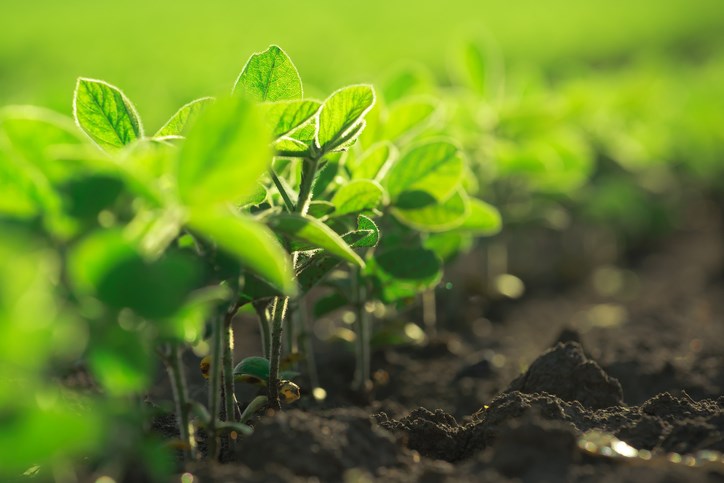Consumers just keep chomping on more organic food across Canada.
A survey by the Canadian Organic Trade Association (COTA) indicates purchases of organic food accounted for 3.2 per cent of all grocery sales in 2018 — an increase from 2.6 per cent in 2017.
The organic food market was worth $6.9 billion.
Fifty-five per cent of Canadians say they trust the Certified Organic Canada logo, up from 39 per cent.
Buying organic food increases as age decreases with 46 per cent of the 18-24 age group buying organic and 32 per cent of the age 25-34 category buying organic.
Only one-quarter of people between the ages of 35-44 buy organic, with one-fifth of those aged 44-55 doing so.
One in seven aged 56 to 74 buy organic, with one in 10 over age 75.
The increase in organic groceries has been matched by producer interest.
A COTA fact sheet on organic farming found the number of organic farm operations increased 44 per cent from 2015 to 2018 for 7,266 operations.
More important, organic farm acreage was up to 2.1 per cent of total acres from .9 per cent in 2006. Farmers had 3.3 million acres in organic crops compared with 1.49 million acres in 2006.
Field crops amounted to 1.125 million acres with 2.04 million in forage, green manure or natural areas and 79,500 acres in fruit, vegetables or root crops. Almost 36,000 acres was unclassified.
Quebec leads acreage at 415,000 and has added the most farmers in the last year with 709.
Saskatchewan runs second with 1.56 million acres and added the second largest number of farmers at 135. Third is B.C., with 840,000 acres.
Saskatchewan has 616,000 acres in field crops, 535,000 in forage and green manure and 2,700 acres in fruits, vegetables and root crops.
Only in the Atlantic provinces did organic farming slip by four fewer producers but acres were up 7,000 to 144,000.
Ron Walter can be reached at [email protected]




